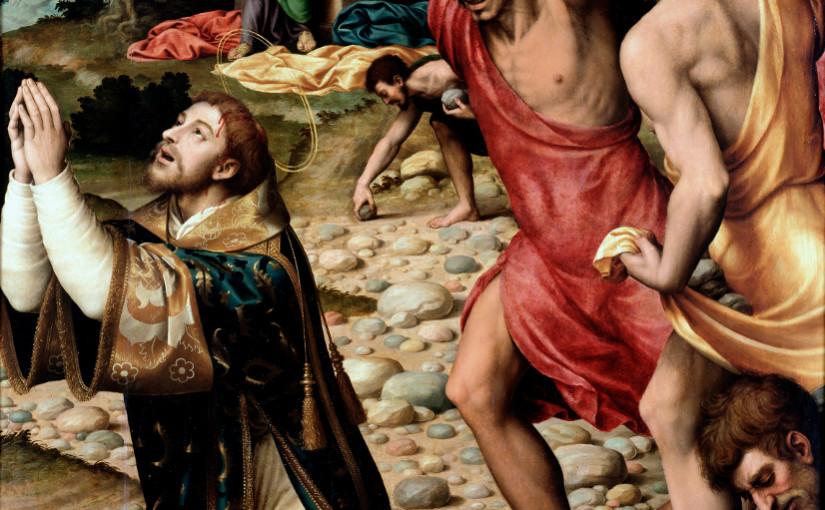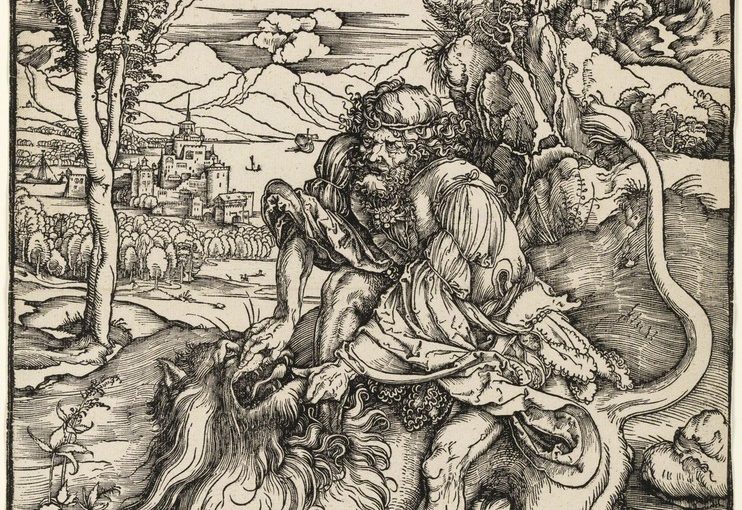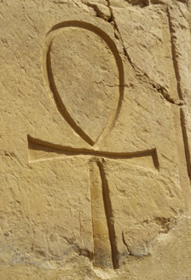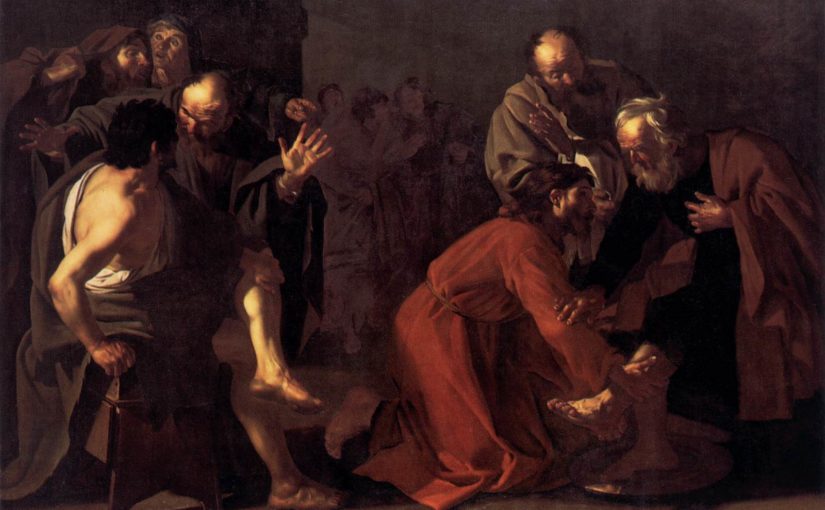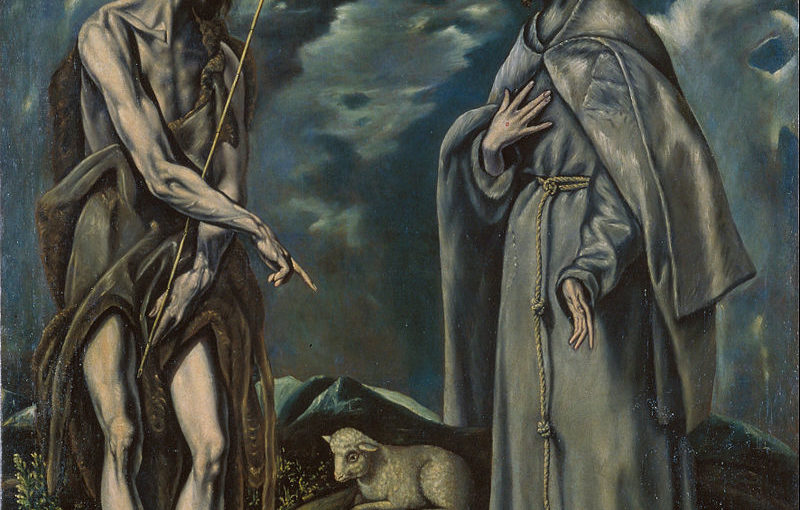For this One has been counted worthy of more glory than Moses,
inasmuch as He who built the house has more honor than the house.
Hebrews 3:3
Even today Moses holds a unique place in the hearts and minds of the Jewish people. He was their deliverer and principal figure in the foundation of Israel as a nation. However, although this man of God was great in all he did, he pales in comparison to Jesus Christ, who is Worthy of More Glory than Moses.
|
Moses 1. Name mentioned 797 times in the Bible. 2. Law of Moses (Joshua 8:31) called law of sin and death (Romans 8:2). 3. Mediator of the First Covenant (Exodus 34:27). 4. Moses’ face reflected glory of God (Exodus 34:29). 5. A prophet (Deuteronomy 34:10) 6. Led the children of Israel out of bondage from Egypt (Exodus 13:3). 7. Built the foundation of the nation of Israel (Hebrews 3:4). |
Jesus 1. Name mentioned 983 times in the New Testament 2. Law of Christ (Galatians 6:2) called law of Spirit of life (Romans 8:2). 3. Mediator of a Better Covenant (Hebrews 8:6). 4. The body of the glorified Christ shone (Rev. 1:14-16). 5. The Prophet (John 6:14) 6. Delivered the world out of the bondage of sin (Galatians 1:4). 7. Built the foundation of the church (1 Corinthians 3:11). |
In the very least Jesus Christ is Worthy of More Glory than Moses, but on a much grander scale, He is worthy “to receive power and riches and wisdom and strength and honor and glory and blessing!” (Revelation 5:12). Praise and worship be to the Lord of Glory.
October 23

